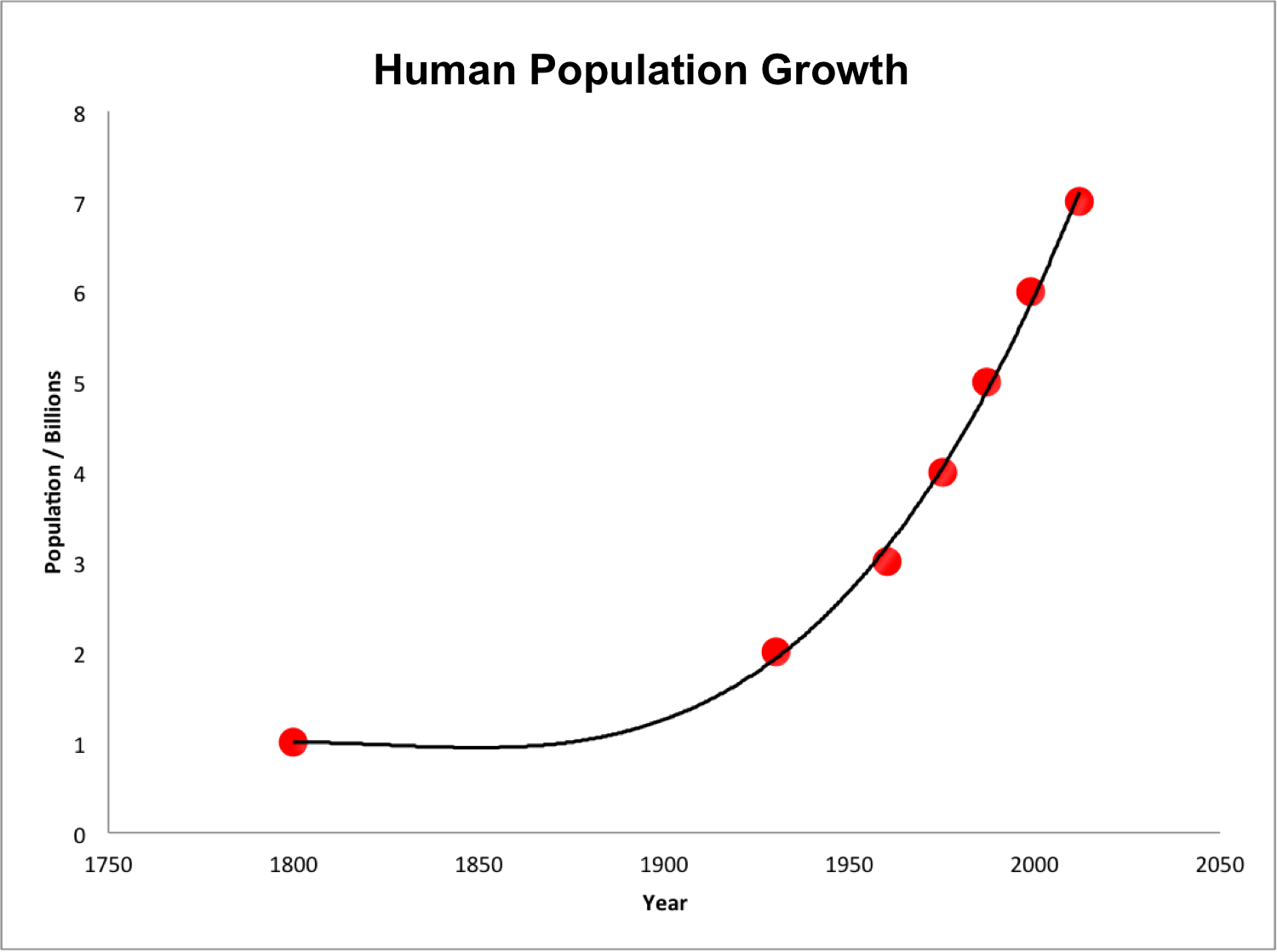It is common in Western cultures to associate all life with progress. If you're not moving forward, you're moving backwards! However, that is not a universally held belief. For example, Eastern cultures typically extol the virtues of finding one's place in the universe, and living in harmony with it.
Consider what it means if there is no progress, from an information theoretic perspective. To achieve this state, you actually need to achieve a balance. Entropy is constantly destroying the valuable information that you have collected, forcing you to expend energy to rediscovery it. A lack of progress is not a dead stop, it is a live stop, constantly buffeting and shifting. Cultures which wish to continue existing will seek to become more efficient. Efficiency ensures the core of the culture continues to persist, and also theoretically frees up energy for more progress, if progress ever makes a comeback. You will see more inward progress, refinement of the self. Poetry and the arts will likely become essential, because it can be very difficult to refine the core of one's being using other tools.
Some cultures will turn passive and weak, failing to protect their information enough to keep the balance. Other cultures will turn violent, trying to grab resources to sustain their unsustainable existence. However, if we are to believe humanity truly will inherit the stars, there will be some class of cultures that can fit inbetween those extremes, and coexist with the universe for any amount of time.
A student said to the master: "You teach me fighting, but you talk about peace. How do you reconcile the two?" The master replied, "It is better to be a warrior in a garden than to be a gardener in a war."

